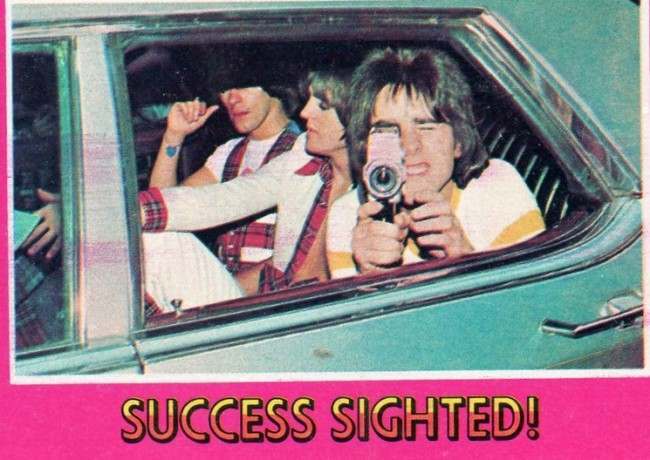
Is it just me, or did the Bay City Rollers have a really crap holiday in New York? #SundayThoughts 

• • •
Missing some Tweet in this thread? You can try to
force a refresh





























